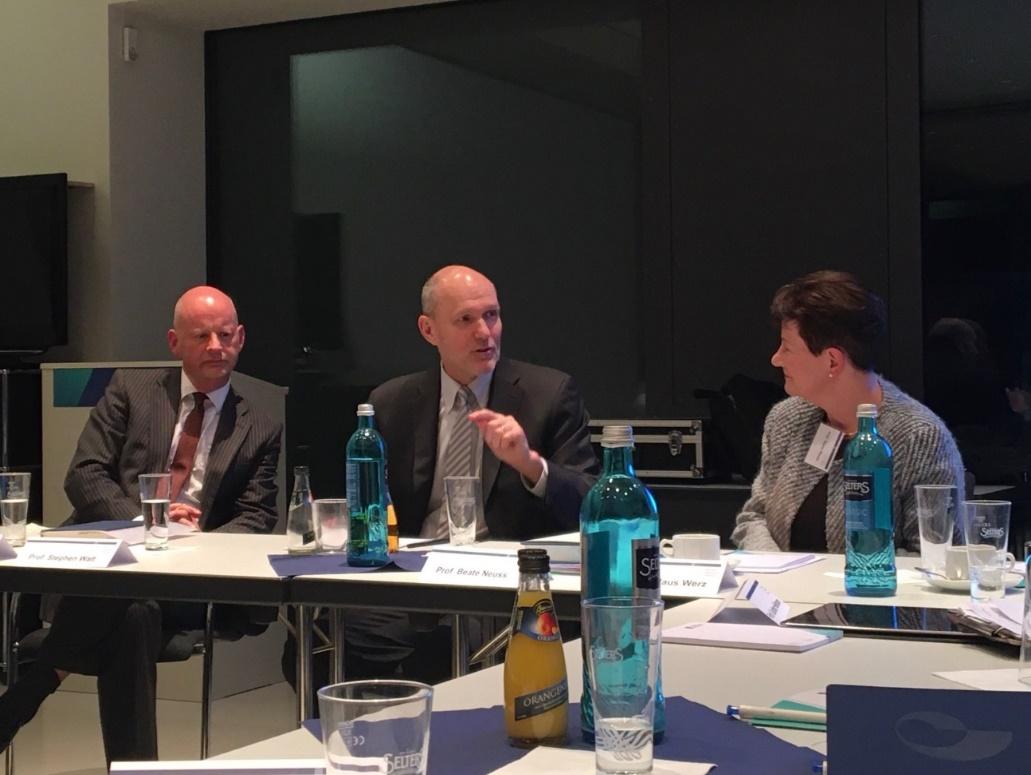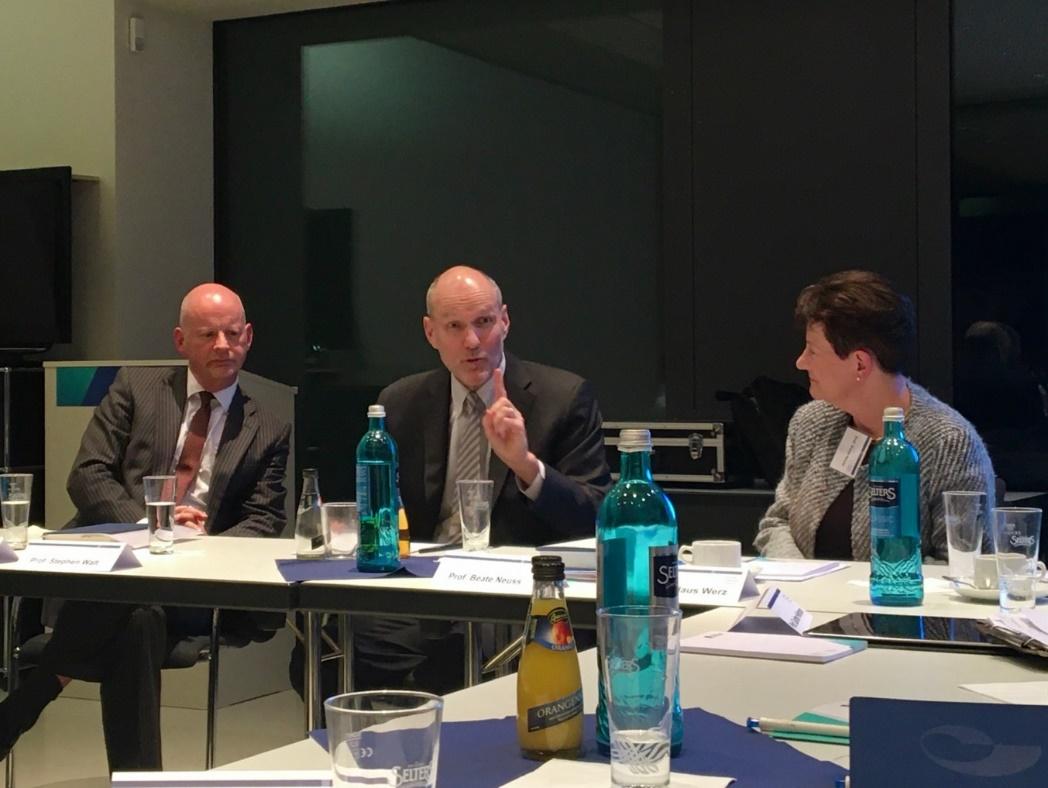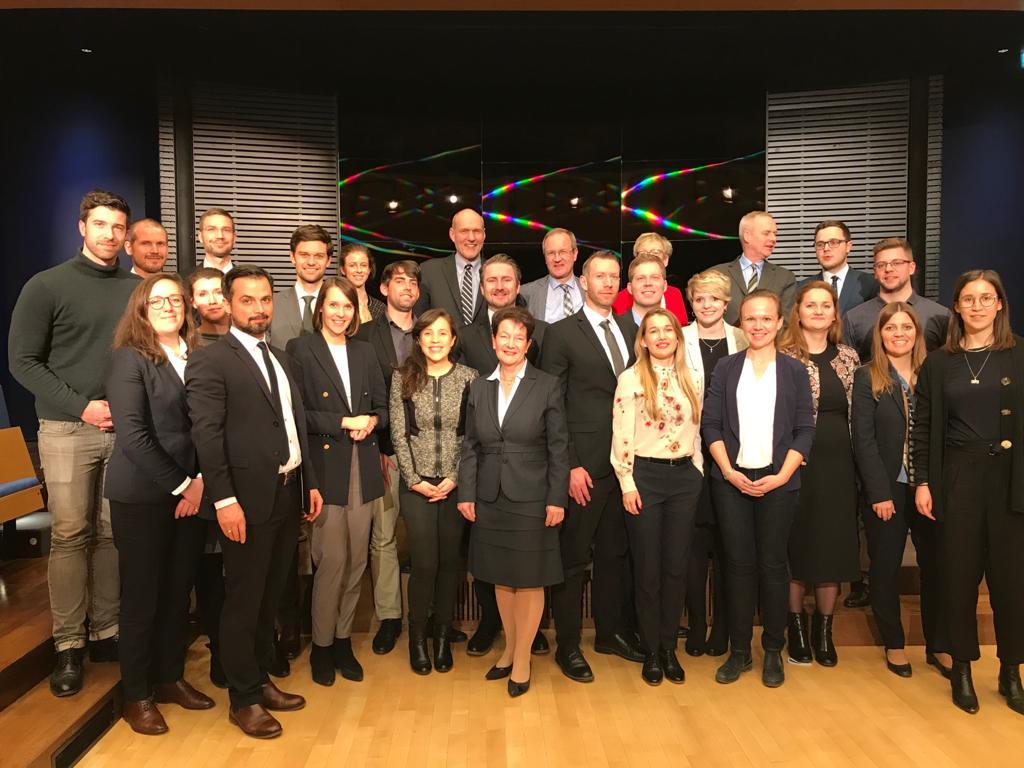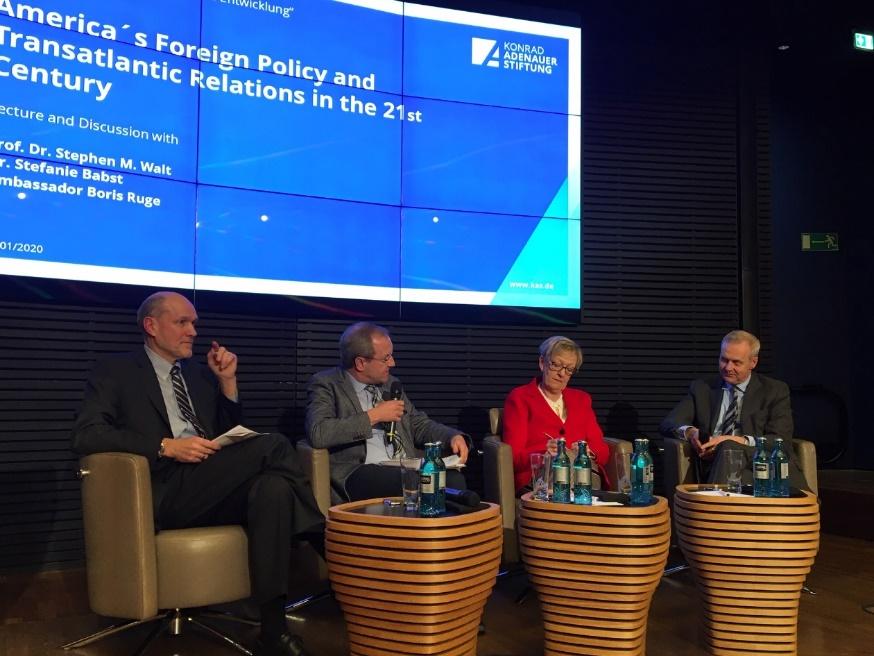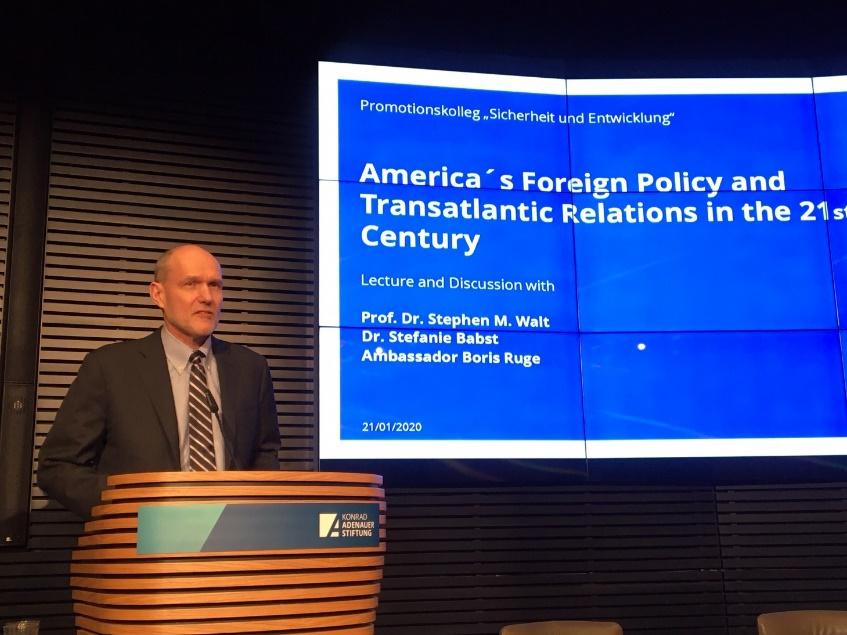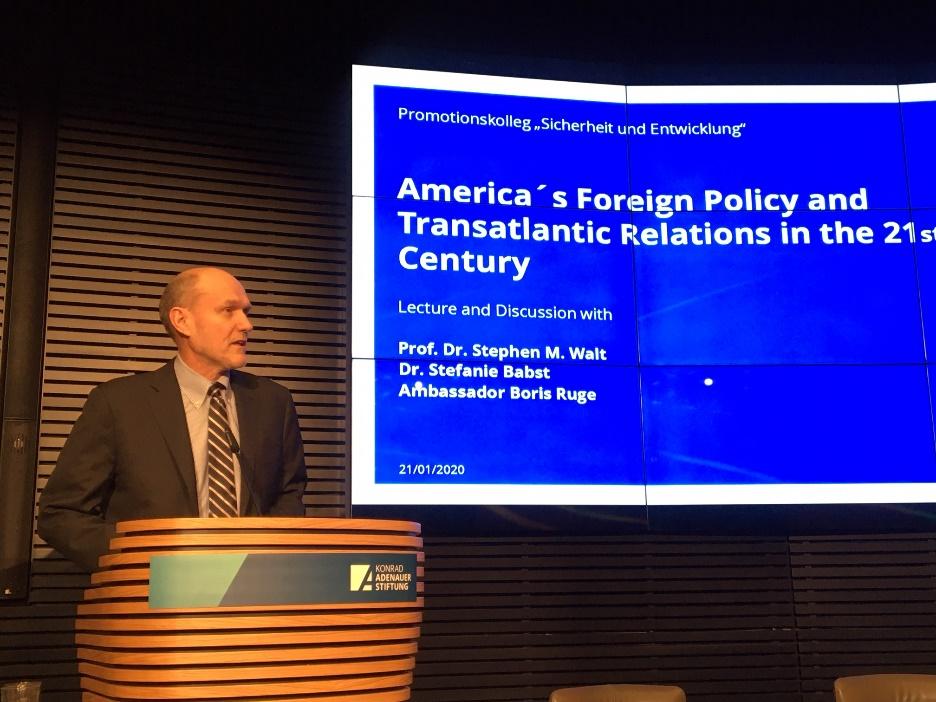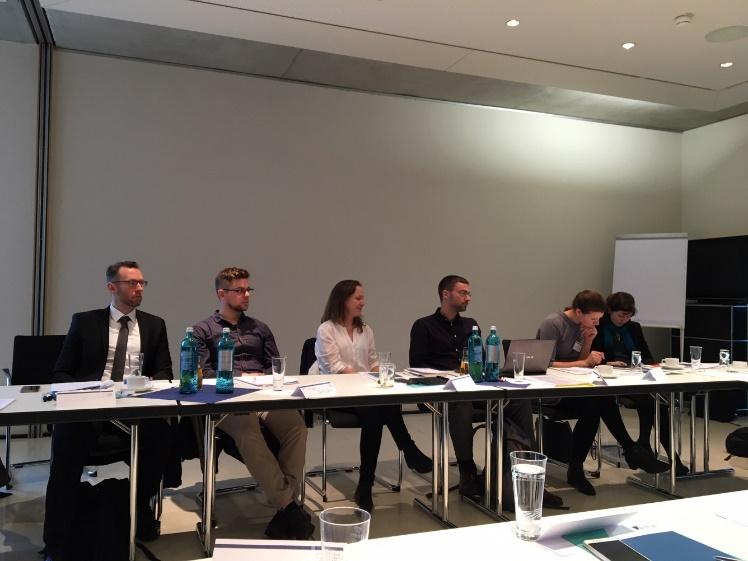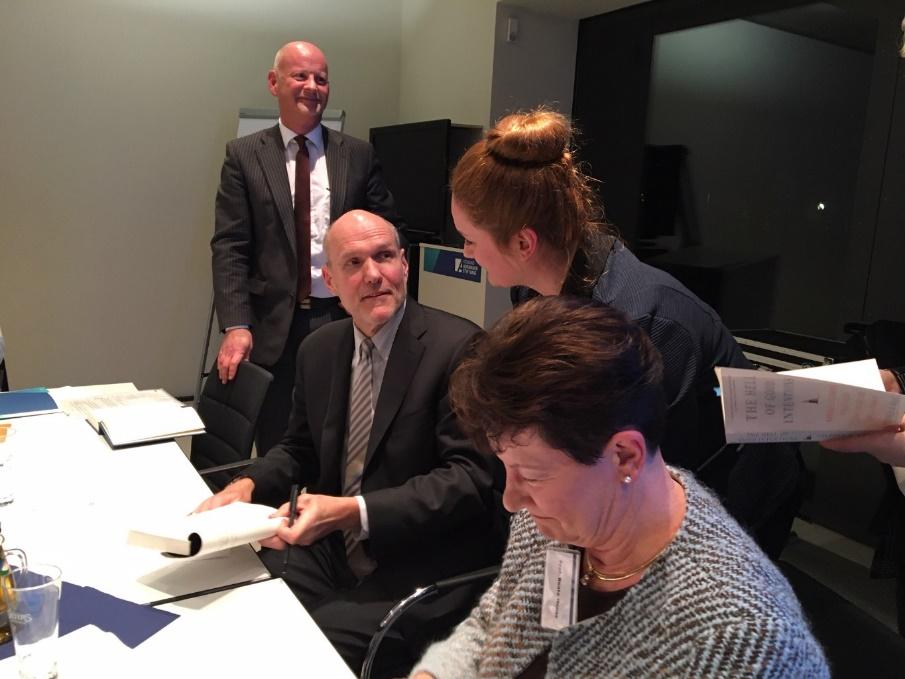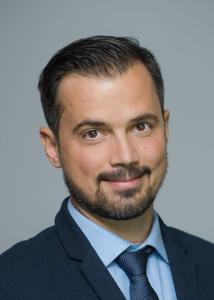S. Backovsky: Professor Walt, how should we explain the troubles facing the liberal world order? Does the Realist rule of thumb “two thirds structure, one third agency” apply?
S. Walt: That sounds about right. The liberal order is eroding in good part because the United States saw the “unipolar moment” as an opportunity to try to transform the Western liberal order into a global order, largely by spreading democracy and markets as far as possible. This effort failed, however, and eventually generated a populist backlash against it even within some democratic societies. It failed because some non-liberal states saw this effort as threatening, because the United States did not know how to create stable democracies in the wake of regime change, and because globalization did not deliver the promised benefits to middle and lower classes in the US and Europe. The result has been a deteriorating relationship with Russia, costly occupations and/or failed states in the Middle East, and a populist backlash against many liberal ideas.
S. Backovsky: Secretary Pompeo has recently framed the current state of international affairs as a competition of values between the “free” and the “unfree” world. The authoritarianism of Russia or China is obvious, freedom as the common denominator of, say, G7 countries somewhat less so. What defines the “Western community” these days?
S. Walt: The “Western community” is still comprised of states that are closely allied with the United States and generally committed to the liberal values of democracy, markets, rule of law, and human rights. But these commitments are fraying in many places, and even the United States seems less committed to these ideals than it was under previous presidents. For example, both Poland and Hungary have moved in sharply illiberal directions, and far-right parties have become a more-or-less permanent part of European politics in several other places. Nationalist sentiment helped lead Britain to exist the EU, and President Trump seems more comfortable with authoritarian rulers than with the leaders of some of America’s closest democratic allies. China’s rise is also shifting U.S. attention toward Asia and away from Europe, and this is likely to introduce additional strains in America’s relations with other liberal states.
S. Backovsky: President Trump is being harshly criticized for his handling of the international affairs. Did he get anything right in his foreign policy?
S. Walt: President Trump has a number of good instincts regarding foreign policy. He’s correct to say that Europe is free-riding on US protection, and to accuse China of not living up to the promises it made when it joined the World Trade Organization. His opposition to “forever wars” and unrealistic efforts at nation-building are also correct. Unfortunately, he lacks the knowledge, temperament, and patience necessary to translate those instincts into effective policies, which is why he has hardly any foreign policy achievements after more than three years in office.
S. Backovsky: You argue that in its current form the “security guarantee” of the United States to European countries might be unhealthy for the transatlantic relationship. Why is that?
S. Walt: For several reasons. First, Europe’s excessive dependence on US protection forces it to do things that may not be in Europe’s own interest, or to go along with American initiatives that may be unwise. Second, it creates resentment in the United States, and makes it more difficult for the United States to focus on other issues that could be of greater importance. Third, it leaves Europe incapable of effective action in the absence of U.S. help. It would be much better for both sides of the Atlantic—and for the transatlantic relationship—if the US and Europe were equal partners.
S. Backovsky: Yet a large-scale reduction of U.S. military capabilities will not necessarily translate into a stronger European cooperation on defense and security. Moreover, it might further encourage Russian geopolitical ambitions. Would you agree with these points?
S. Walt: If the relatively wealthy nations of Europe are incapable of or unwilling to defend themselves, they can hardly expect the U.S. to do it for them. Europe has five times as many people as Russia, and the Russian economy is smaller than Italy’s. NATO’s European members spend 3-4 times what Russia spends on defense every year, yet they do not get much real capacity for that money. If the United States gradually reduces its military role in Europe, I believe the key European nations will do what is necessary. Finally, I believe Russia’s geopolitical ambitions are limited: they wish to be taken seriously as a great power and they do not want NATO to expand further east, but I do not believe Russia has either the capacity or the desire to expand to any significant degree.
S. Backovsky: You said that in order to prevail, the transatlantic security partnership in general and NATO in particular must adapt to the diverging geopolitical interests of the United States and the European Union. What would the trade-off behind this renewed alliance be?
S. Walt: In the decades to come, the United States will focus more and more attention on the competition with China. Europe will not be able to be neutral if it wishes to retain close security ties with America: it will have to choose a side. I believe the only solid long-term basis for the transatlantic alliance will involve Europe taking much more responsibility for its own defense while the United States focuses on China. Europe would also have to agree to limit its trade/investment with China (at least with respect to high-technology goods with military applications) and the US would agree to remain in NATO as defender of last resort.
S. Backovsky: The cooperation between Russia and China is intensifying in many areas. At the same time the growing dominance of China in Asia fuels the historic rivalry between Beijing and Moscow. Is a long term alliance between the two countries a realistic scenario?
S. Walt: Russia and China are not natural allies given their geographic proximity, and especially given China’s rising power and Russia’s many weaknesses. By repeatedly ignoring Russian interests and sensibilities, however, the United States (and to some degree, its allies) have helped push the two Asian giants closer together. This is foolish: we should be looking for ways to lower the temperature with Moscow and wean it away from its current partnership with China.
S. Backovsky: As a student you spent a term in Berlin and have returned on several occasions since then. What would you as a friend of Germany recommend the country should change most urgently in its foreign policy?
S. Walt: Germany is the first country I ever visited outside the United States, and I am still very fond of its culture, its remarkable achievements, and my many friends there. Germany’s most urgent need is to recognize that not all foreign policy problems can be solved by “civilian power,” by law, or by calling Brussels or Washington. Instead, great nations sometimes have to act, and sometimes have to use “hard power.” In recent years, the United States has erred by thinking military force could solve every problem, whereas Germany has erred by thinking military power was unnecessary or irrelevant. Both countries would be better off if we learned from each other: Americans should imitate your commitment to patient diplomacy; you should rebuild the military capacity you had during the 1970s or 1980s. If you did, you would better able to defend your interests in partnership with your friends in Europe and elsewhere.




